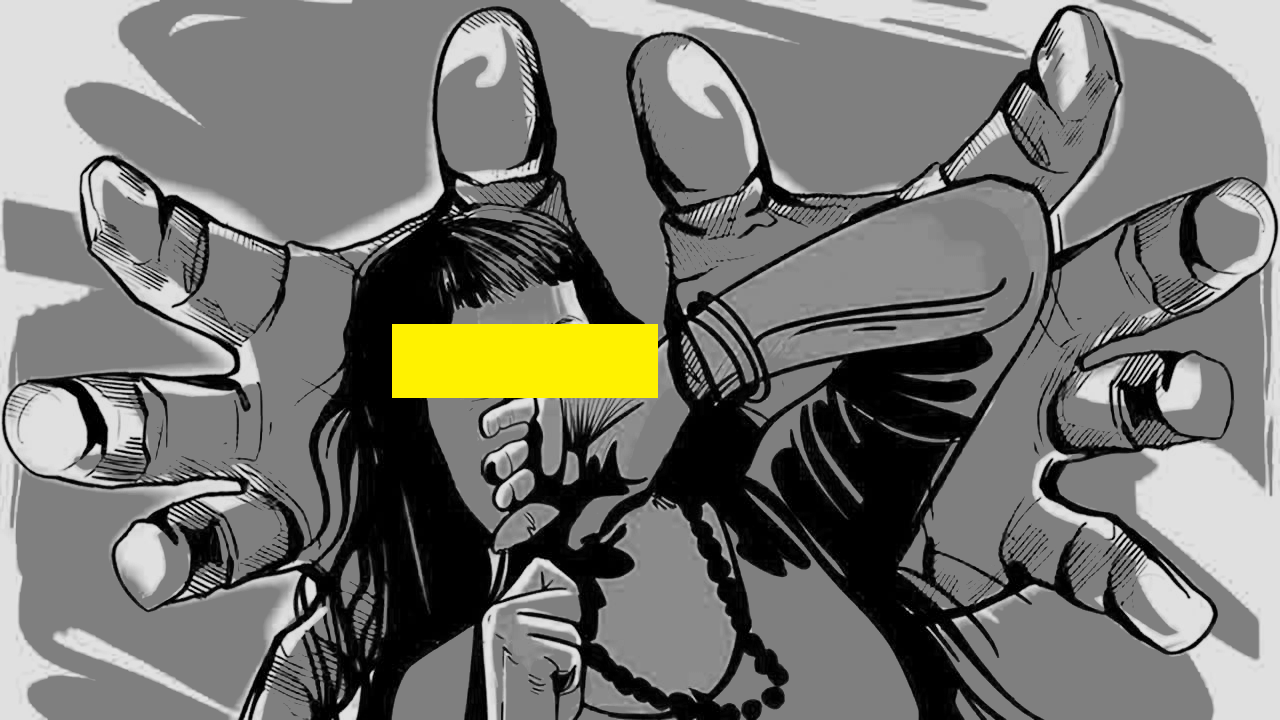Here are important pieces of jurisprudence discussing the law and the rules on forcible entry and unlawful detainer . These actions are sometimes called " ejectment " or " eviction ." [1] Aliabo v. Carampatan, G.R. No. 128922, March 16, 2001, 354 SCRA 548 [2] Amagan v. Marayag, G.R. No. 138377, February 28, 2000 [3] Atuel v. Valdez, June 10, 2003, 403 SCRA 517, 528 [4] Barangay Piapi vs. Talip, 469 SCRA 409 [2005] [5] Benedicto v. CA, G.R. No. 157604, October 19, 2005 [6] Benguet Corporation v. Cordillera Caraballo Mission, Inc., G.R. No.155343, September 2, 2005 [7] Bunyi v. Factor, G.R. No. 172547, June 30, 2009 [8] Canlas v. Tubil, G.R. No. 184285, September 25, 2009 [9] Domagas v. Jensen, G.R. No. 158407, January 17, 2005 [10] Dumo v. Espinas, G.R. No. 141962, January 25, 2006 [11] Esmaquel v. Sordevilla, G.R. No. 152423, December 15, 2010 [12] Hilario v. Salvador, G.R. No. 160384, April 29, 2005, 457 SCRA 815 [13] Larano v. Sps. Calendacion, G.R...




































